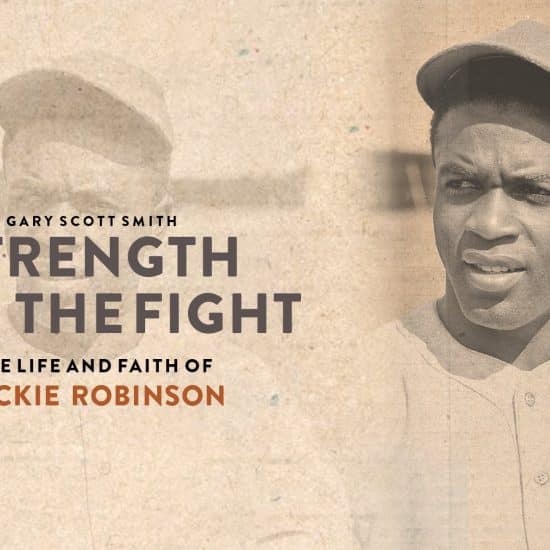I’m a baseball fan. In fact, since my earliest years, I have been a St. Louis Cardinals fan. Where I grew up in southern Illinois was only about an hour away from St. Louis, so we didn’t cheer for either of the Chicago teams (Cubs or White Sox), even though both were based in our home state.
For nearly 20 years, since my family moved to Missouri, I’ve been cultivating multiple baseball loyalties. My favorite American League team is Kansas City, and my favorite National League team remains, of course, the Cardinals of St. Louis. When the two play each other, I wear a red cap (so to speak).
On Sept. 28, the Cardinals began an important series within the National League’s Central Division with the Pittsburgh Pirates. When the game started, the Pirates were three games behind the Redbirds in the league standings. If they could win all three games with the Cardinals, the teams would be tied heading into the final three games of the season with each playing other teams.
Both teams considered this to be an important series. This particular game – the first of the series — was being played at Pittsburgh’s PNC Park. The locals were excited about the possibility of overtaking and surpassing the Cardinals. And they were in the majority and loud – naturally.
The game had advanced into the seventh inning, and neither team had scored. Tension was building.
In the bottom of the seventh inning, Pirate Josh Harrison drove a pitch deep into the left center field gap. The Cardinal left fielder, a rookie named Steven Piscotty, and center fielder, Peter Bourjos, both converged on the ball at breakneck speed, and both are very fast. They dove for the ball seemingly at the same moment, resulting in a violent collision.
The crowd gasped at the site. Bourjos’ knee struck the head and neck of Piscotty. Bourjos bounced up off the outfield grass, looked down at his motionless teammate and began to signal frantically for medical help. Apparently Piscotty had been knocked unconscious.
Suddenly a quiet settled over PNC Park. As the TV cameras panned the other players and the spectators, they revealed some who were looking anxiously and others who had their heads bowed in prayer.
Medical and training personnel transferred Piscotty to a backboard and loaded him onto a cart to be driven out of the stadium and transported to a local hospital for further evaluation. As he began his ride along the centerfield warning track, Piscotty lifted one hand, eliciting a cheer from fans of both teams.
The point of this story was made by some of the athletes after the game and felt by a lot of people in the stands: The most important thing that happened in the course of the game was that a young participant was injured, and until he underwent thorough examination and testing at the hospital, no one knew for sure how significant the injuries might be.
Sometimes things happen in life that remind us what is most important in our lives, even when we seem to be at opposite ends of the spectrum from other spectators in life. It also happens in churches. And it happens in families. Stuff happens that makes disagreements or broken relationships — sometimes for little or no reason — pale in comparison. And like the crowd of 35,000 fans, we know it when we experience it.
Sometimes these “interruptions” are subtler than what Bourjos and Piscotty experienced, but they remind us to see things more clearly. They help us to value true relationships over competitions and games, usually trivial in comparison.
By the way, Bourjos caught the fly ball both athletes were chasing. And the Cardinals scored the only three runs of the game in the top of the ninth to win. But in this game, who won and who lost weren’t the most important things.
Tests came back negative for Piscotty. He suffered what was described as a facial contusion and was released from the hospital the next day. It could have been far worse.





